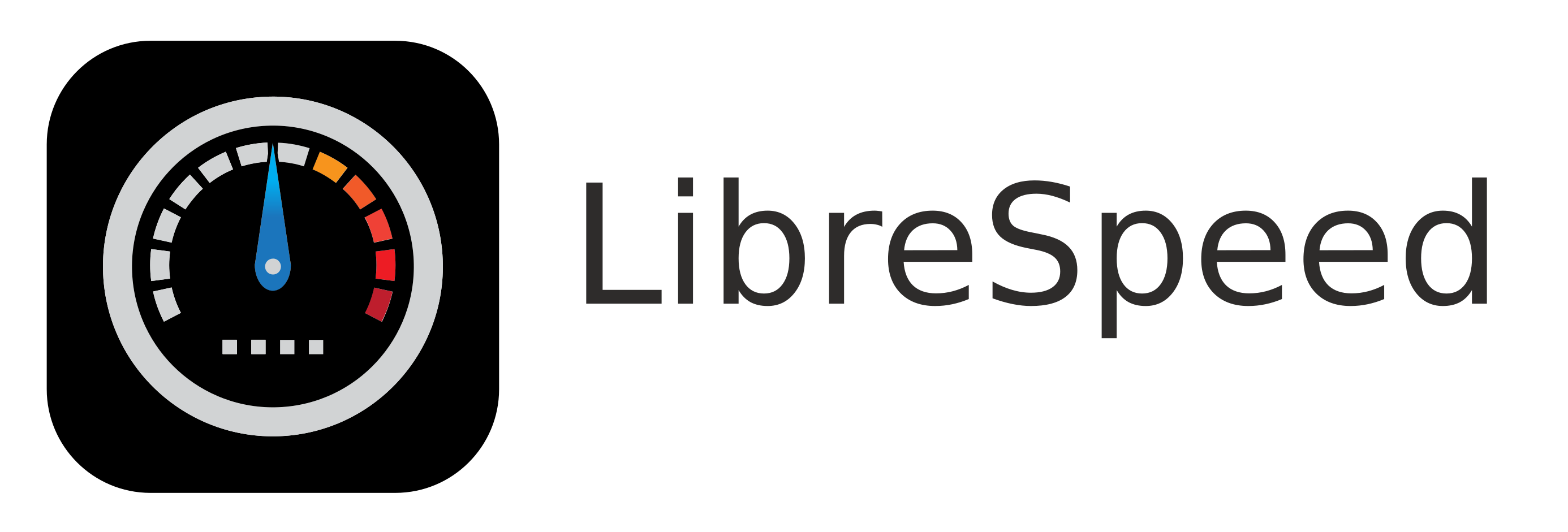Self-hosted Speed Test for HTML5 and more. Easy setup, examples, configurable, mobile friendly. Supports PHP, Node, Multiple servers, and more

LibreSpeed
No Flash, No Java, No Websocket, No Bullshit.
This is a very lightweight speed test implemented in Javascript, using XMLHttpRequest and Web Workers.
Try it
Compatibility
All modern browsers are supported: IE11, latest Edge, latest Chrome, latest Firefox, latest Safari.
Works with mobile versions too.
Features
- Download
- Upload
- Ping
- Jitter
- IP Address, ISP, distance from server (optional)
- Telemetry (optional)
- Results sharing (optional)
- Multiple Points of Test (optional)

Server requirements
- A reasonably fast web server with Apache 2 (nginx, IIS also supported)
- PHP 5.4 or newer (other backends also available)
- MariaDB or MySQL database to store test results (optional, Microsoft SQL Server, PostgreSQL and SQLite also supported)
- A fast! internet connection
Installation
Assuming you have PHP and a web server installed, the installation steps are quite simple.
- Download the source code and extract it
- Copy the following files to your web server’s shared folder (ie. /var/www/html/speedtest for Apache): index.html, speedtest.js, speedtest_worker.js, favicon.ico and the backend folder
- Optionally, copy the results folder too, and set up the database using the config file in it.
- Be sure your permissions allow execute (755).
- Visit YOURSITE/speedtest/index.html and voila!
Installation Video
This video shows the installation process of a standalone LibreSpeed server: Quick start installation guide for Debian 12
More videos will be added later.
Android app
A template to build an Android client for your LibreSpeed installation is available here.
CLI client
A command line client is available here.
Docker
A docker image is available on GitHub, check our docker documentation for more info about it.
The image is built every week to include an updated version of the ipinfo-DB used for ISP detection. Also this ensures, that the latest security patches in PHP are installed. Therefore we recommend to use the latest image.
Go backend
A Go implementation is available in the speedtest-go repo, maintained by Maddie Zhan.
Rust backend
A Rust implementation is available in the speedtest-rust repo, maintained by Sudo Dios.
Node.js backend
A partial Node.js implementation is available in the node branch, developed by dunklesToast. It’s not recommended to use at the moment.
Donate
License
Copyright © 2016-2024 Federico Dossena
This program is free software: you can redistribute it and/or modify
it under the terms of the GNU Lesser General Public License as published by
the Free Software Foundation, either version 3 of the License, or
(at your option) any later version.
This program is distributed in the hope that it will be useful,
but WITHOUT ANY WARRANTY; without even the implied warranty of
MERCHANTABILITY or FITNESS FOR A PARTICULAR PURPOSE. See the
GNU General Public License for more details.
You should have received a copy of the GNU Lesser General Public License
along with this program. If not, see https://www.gnu.org/licenses/lgpl.